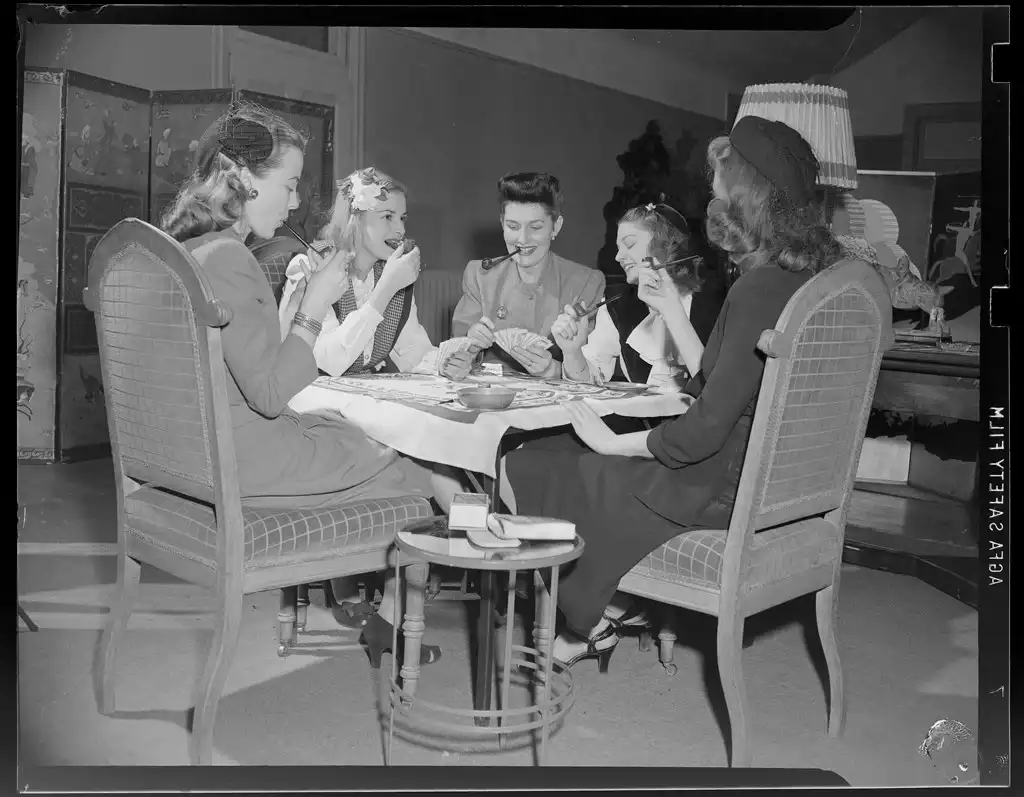
Every telephone conversation with my mother starts much the same, “Well, Louise died last week, she was 91, you know. You remember her, right? Didn’t you graduate with one of her children?” It’s rare that some catastrophe or calamity hasn’t befallen someone from my past in between these phone calls. My hometown was small back then and everyone knew or at least knew of, each other so the list of possibilities is quite long.
A decade ago, the names were almost exclusively male, husbands of my parents’ crowd or fathers of the kids I grew up with. Lately, this ever-shrinking list is mostly women, all considered friends of my mother, a testament to a lifetime of strong, lasting friendships among what was originally a large group of women who found themselves thrown together at the beginning of their adult lives.
In the early 1960s, a young dynamic president of the college in town set a course to greatly expand the number of programs offered and hired huge numbers of newly minted PhDs, who were granted automatic tenure and a few perks like inexpensive, on-campus housing as a lure to move to the middle of nowhere. From all over the country, these young men arrived with their wives and babies in tow, my parents and brother included, moving from Chicago to this sleepy little Blue Ridge mountain town. The men went off to work and the women set about doing some serious networking. While some women did work outside the home, most did not so they filled their days with the activities available at that time. Active in church and raising money for schools, they organized and ran local social service organizations, bazaars, and sporting events. They volunteered wherever there was a need, chaperoning, carpooling, and caring for each other’s children. And through it all, there was bridge.
One table, two tables, Thursday morning bridge parties, evening parties, every now and again as couples, but mostly just the women getting together. These moms played in the kitchen while kids ran around in the yard. They played at the pool. They played after supper with the neighbors. They organized regular bridge clubs and as the town expanded, so did the number of these clubs.
Not only did my mother regularly play bridge, but she also taught it for many years. Her longest standing group was her steady one table that met in the evenings, often at our house. It was the same foursome, arriving promptly at 8 to drink coffee, smoke (though they eventually gave up this practice), exchange gossip, complaints, tips, recipes, all the while playing cards and eating peanuts and chocolate. My brother and I were allowed to say a quick hello before being banished to other parts of the house for the night so as not to disturb the game. All over town, other groups were doing the same. Though separate, they all managed to keep track of each other as they changed houses and neighborhoods, combining and recombining and substituting in each other’s groups.
Though incredibly busy with children, husbands, and aging parents, nothing has stopped these women from making time with each other. And now, sixty years later, as they move into their 80s and 90s, bridge is still what brings them together. They take turns organizing a monthly day of bridge, complete with lunch. My mother plays twice a week with a regular group. and when someone loses the ability to drive, another will pick her up and drive her to the game. If someone is in a nursing home, rehab center, or hospital, a group will pop in for a few hands and some conversation. When one woman lost her vision, her daughter started accompanying her to help her with her cards. When my father was too ill to leave the house or be left alone, three friends showed up every Friday for an afternoon of cards and a much-needed diversion. I even did my bit by visiting once a month so my mother could be out of the house for the bridge luncheon day. When the game has ended, they call to make sure each other gets home OK; they drive each other to appointments, deliver groceries or whatever else one of them might need.
I don’t often envy my mother or covet what she has. We have a had a fairly typical mother-daughter relationship in the past and could be at odds with each other over the stupidest things, from who has the better laundry detergent to more serious ones such as ideas about the better way to raise children. Thank goodness we are both too old for that nonsense now. But when it comes to lifelong friendships, making them and keeping them, my mother got it right all those years ago and has reaped the benefits for her entire adulthood. And that I envy.
The world is a different place these days. Or is it? People arrive in Princeton every day, from all over the globe, looking for a place to belong, either temporarily or permanently. The need for human connection is universal; the desire to find friends or a group to belong to or activities to participate in with similar minded folks is strong and deep within all of us. To fulfill this need, people often look to the Princeton Public Library. We are an integral part of the community and are here to help you find your connections, hence the name of our library magazine. We offer all manner of programs including story times and playgroups for babies and toddlers, book groups for all ages and reading interests, language learning classes, lectures, concerts, movies, and so much more. If you’re looking to make lasting connections, you just might find them inside our doors.
Photo from: Harvard Art Museums/Fogg Museum, Transfer from the Carpenter Center for the Visual Arts, American Professional Photographers Collection
